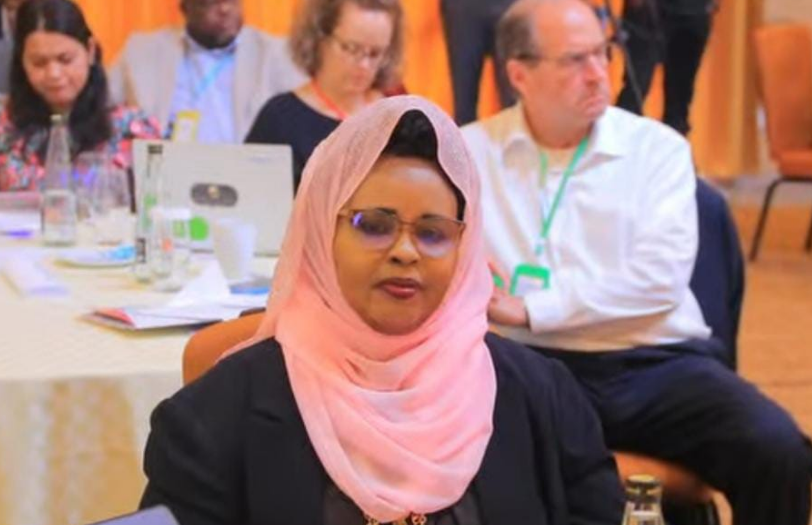GENEVA, Switzerland – Somalia has called for robust international collaboration to enhance access to affordable and high-quality medicines for Non-Communicable Diseases (NCDs) at a pivotal global conference. Dr. Maryam Mohamed Hussein, the State Minister for Health of the Federal Government of Somalia, pointed out the urgent need for equitable pharmaceutical accessibility, particularly for nations grappling with significant health infrastructure challenges.
The high-level gathering convened to address the critical issue of NCDs, which include prevalent conditions such as diabetes, hypertension, cardiovascular ailments, and various forms of cancer. Discussions centered on fostering global partnerships to develop sustainable solutions that ensure a consistent supply of vital medications at reasonable costs for developing and low-income countries. The overarching goal is to dismantle barriers to treatment, thereby improving health outcomes and reducing the economic burden these diseases impose on vulnerable populations.
In her compelling address to the assembly, Dr. Maryam Mohamed Hussein illuminated the proactive measures undertaken by the Somali government in its commitment to combating the rising tide of NCDs within the nation. She articulated the profound challenges faced by Somalia, emphasizing that while domestic efforts are considerable, they must be augmented by substantial technical assistance and financial investment from the international community. This comprehensive support is vital to translate policy into tangible impact, ensuring that every Somali citizen, irrespective of their geographical location or socioeconomic standing, has reliable access to life-saving medicines.
The Minister’s participation in the conference represents a strategic step for Somalia to solidify its relationships with key international health organizations and stakeholders. It provided an invaluable platform for diplomatic engagement, enabling Somalia to articulate its unique healthcare landscape and to explore avenues for advancement in public health. Such engagements are crucial for leveraging global expertise and resources, paving the way for the adoption of innovative healthcare strategies and the reinforcement of national health systems. The discussions highlighted a shared global responsibility in confronting the NCD crisis, positioning Somalia as an active participant in the collective pursuit of health equity and universal access to care.





